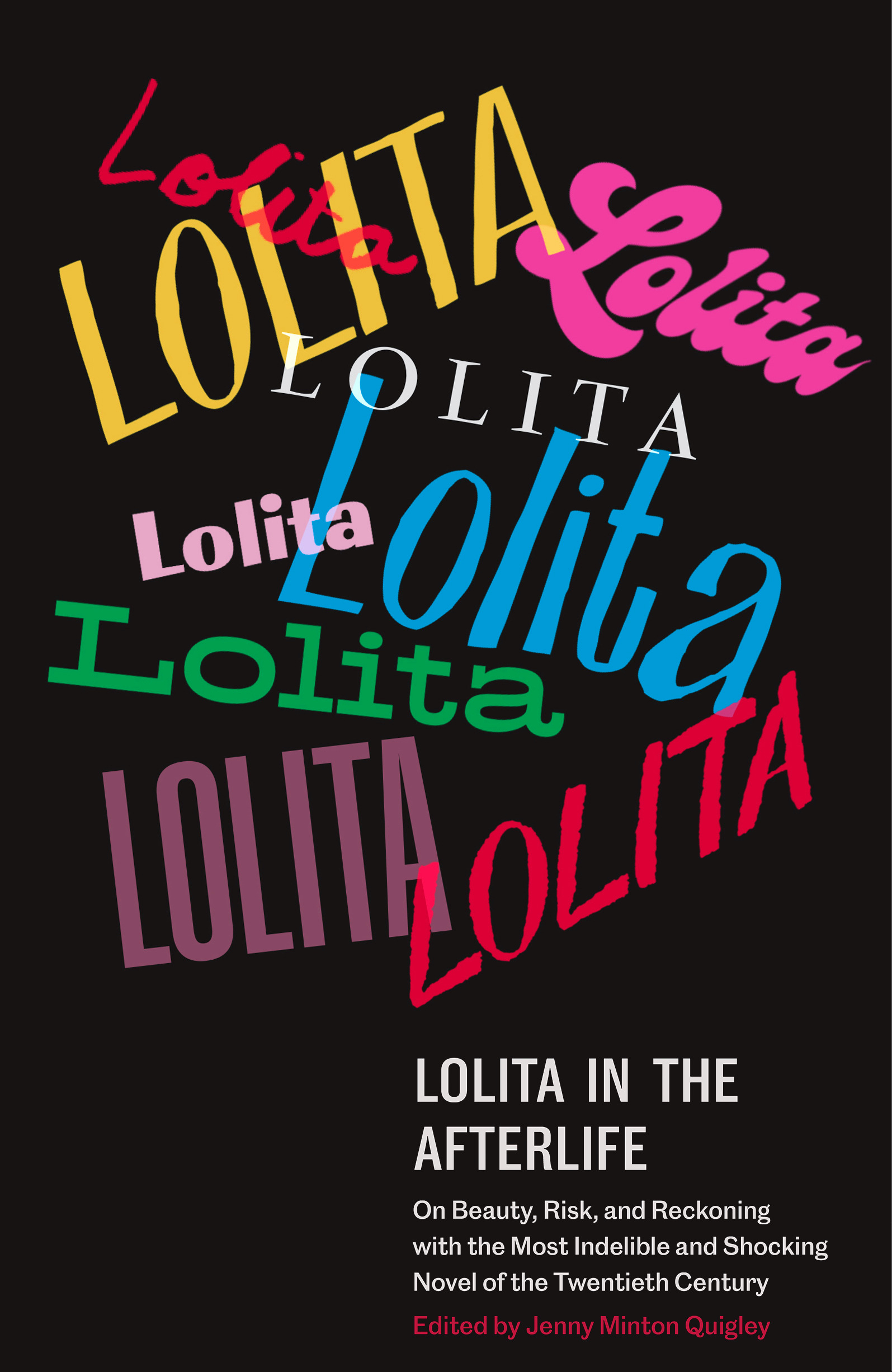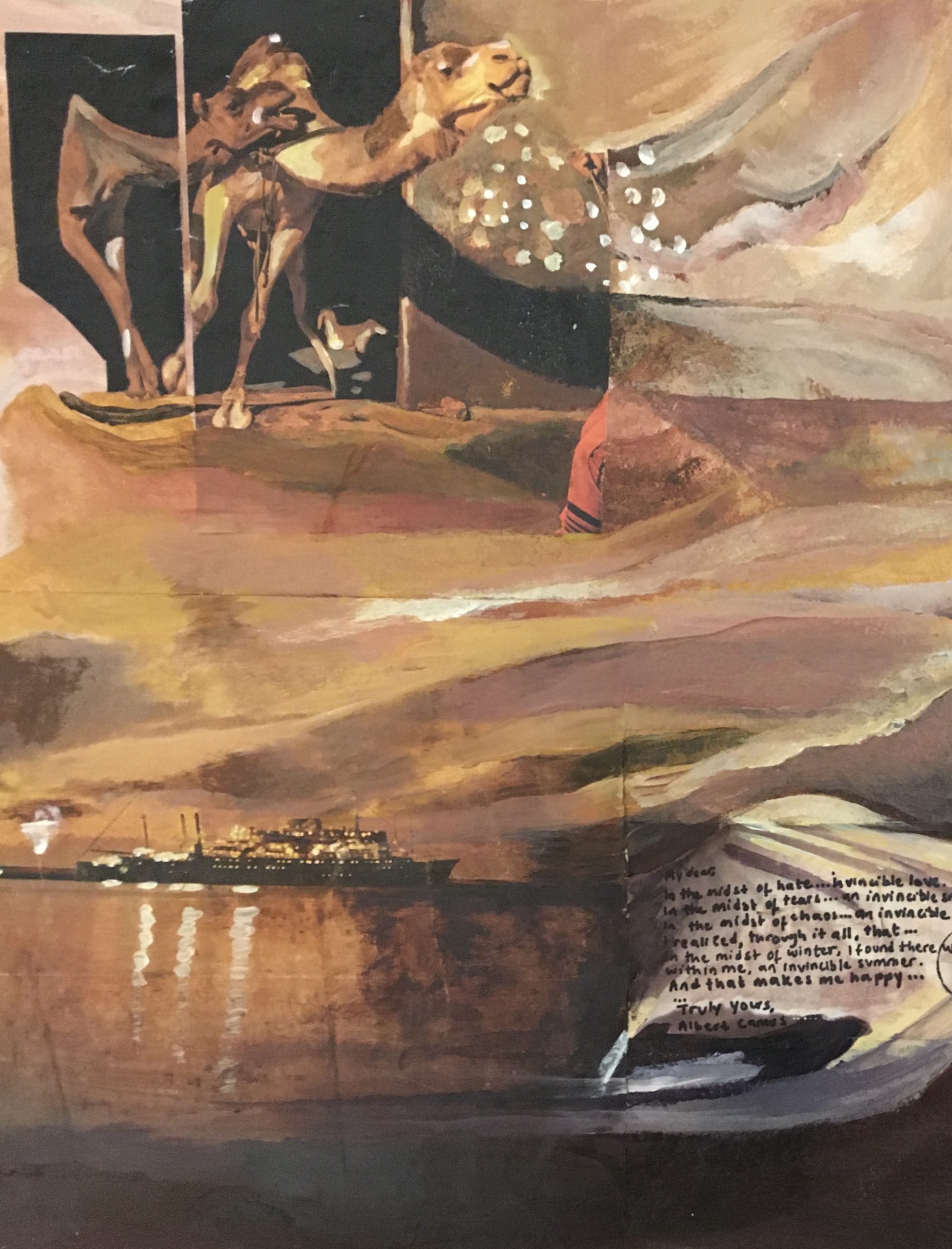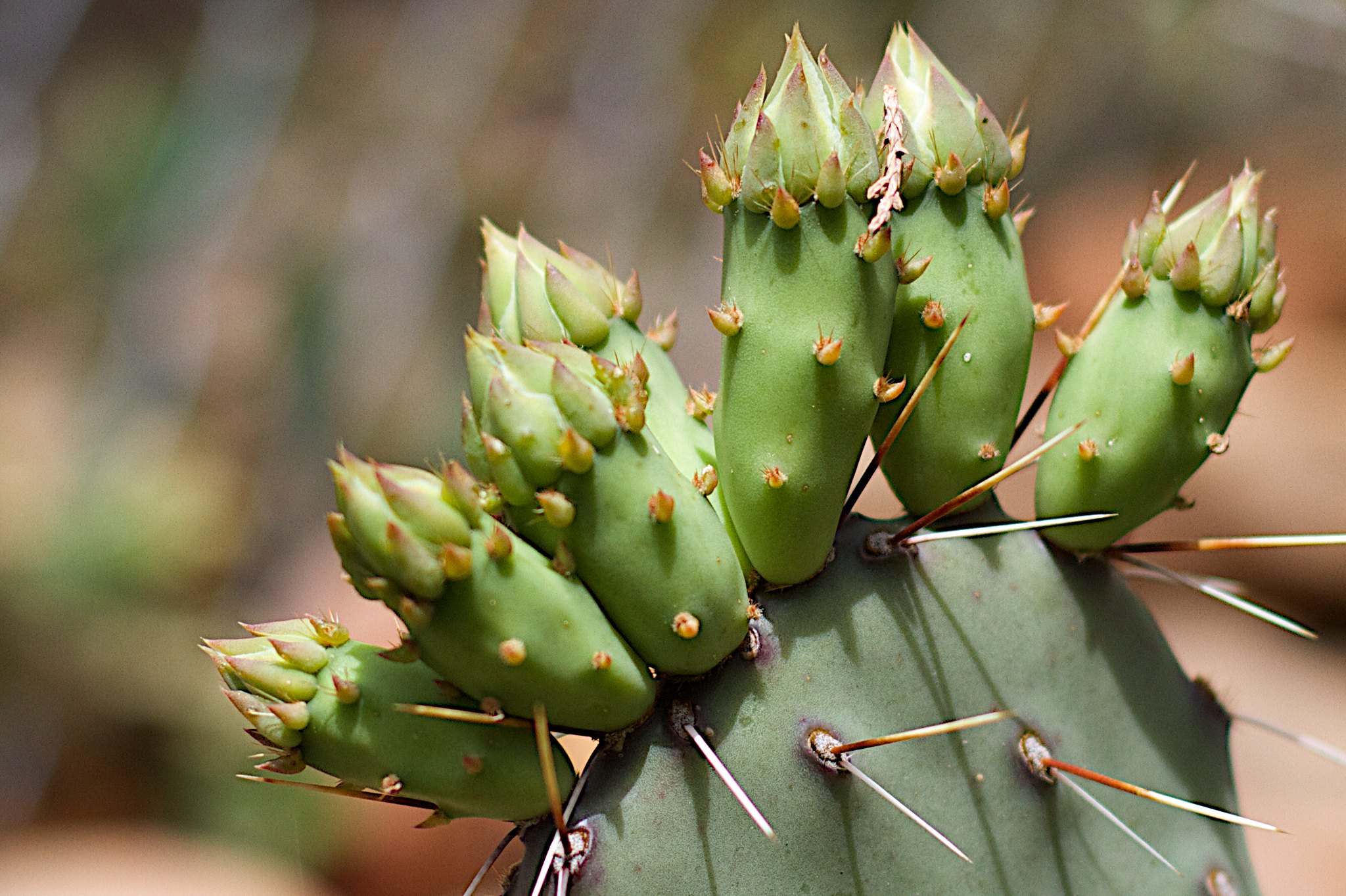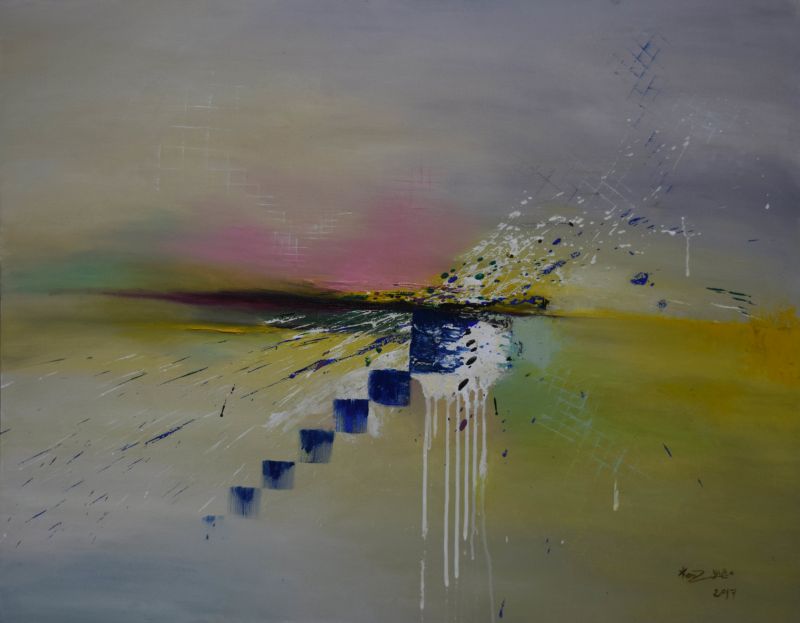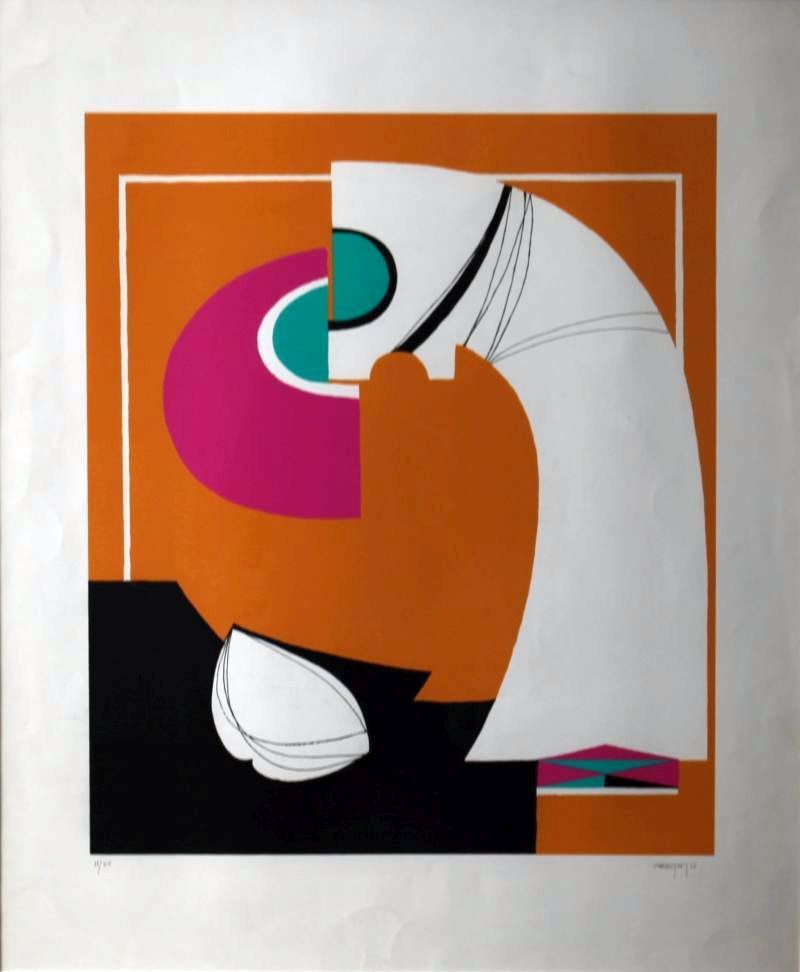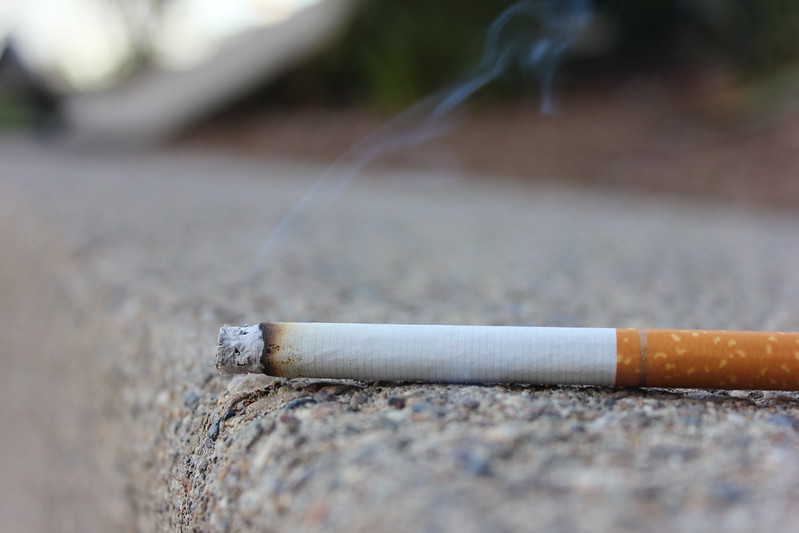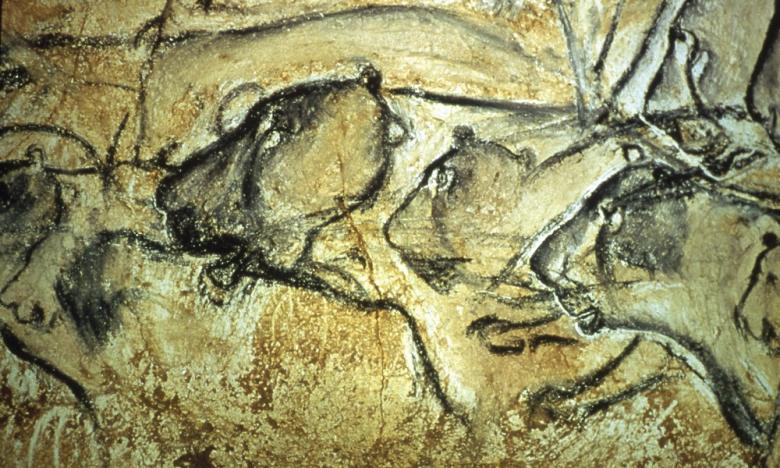
Amherst, MA, June 4, 2021 — The Common, the award-winning literary journal based at Amherst College, is a 2021 Literary Magazine Fund Grant Recipient, awarded in alliance with the Amazon Literary Partnership Literary Magazine Fund and the Community of Literary Magazines & Presses. Since 2017, funding from the Amazon Literary Partnership has helped further The Common’s mission of publishing and promoting emerging and underrepresented authors who deepen our individual and collective sense of place.
With this $7,000 grant, The Common will publish, promote, and support a diverse group of writers in its print magazine and open-access website, connecting authors with a global readership. In the spring of 2022, The Common will continue its series of translated Arabic fiction with a collection of short stories from Palestinian authors, co-edited by acclaimed Jordanian author, and The Common’s Arabic Fiction Editor, Hisham Bustani. As part of The Common’s spring issue, this portfolio will feature contemporary Palestinian voices alongside poetry and prose from the US and abroad.
Recent issues of The Common have featured short stories from Morocco (Issue 21, spring 2021), literature from and about the Lusosphere (Portugal and its linguistic and colonial diaspora) in Issue 20, and fiction from Sudan in Issue 19. A collection of writing from the Arabian Gulf, co-edited with Egyptian author Noor Naga, is forthcoming this fall. All of the above portfolios have been developed with Amazon Literary Partnership support.




